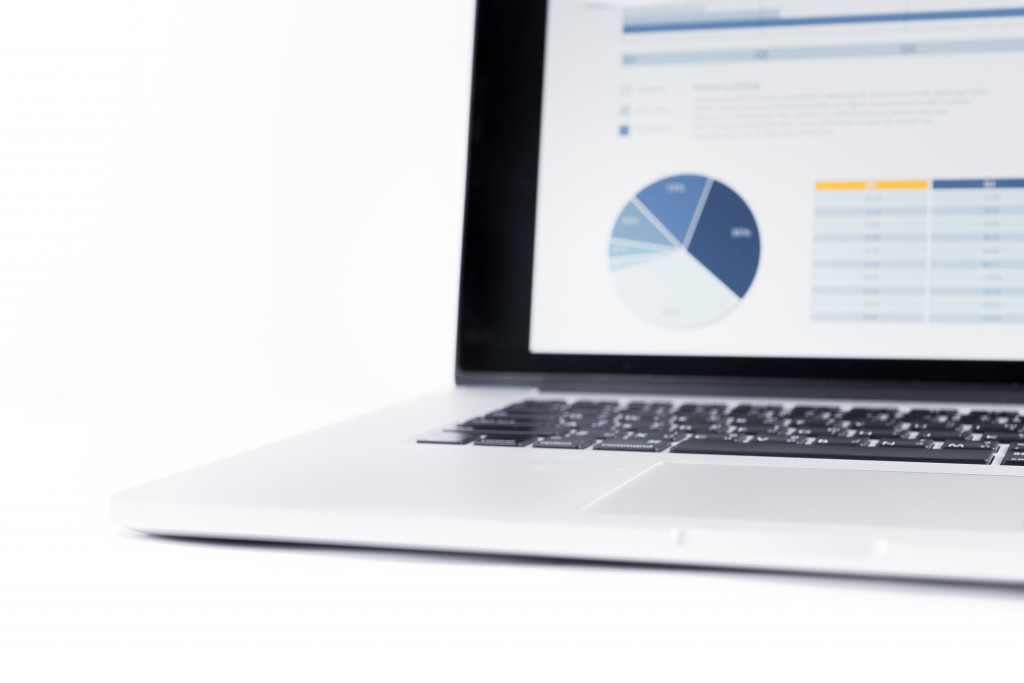The pandemic brought about a global shock that resulted in high inflation rates in the market. But it doesn’t necessarily mean that you should disregard investing at all. It’s just that there’s a greater possibility of lower returns. And that’s when evaluating the major factors associated with investment come in. Here are some of them:
Emergency Funds
This refers to the cash that is immediately available if a financial crisis or an unforeseen expense occurs. If you are considering investing, ensure that your emergency fund is good for at least eight months. This allows you to pay the bills such as mortgage (as we all know, there’s a monthly rate you have to deal with when you invest in a house. It also gives you enough time to rebuild your wealth in case your investment flops. To determine how long your emergency fund will last, divide it with your monthly expenses. Better if you get a higher result, otherwise give your investment plans more time.
Goals
Identify whether your goal for investing is short-term or long-term. Let’s say you want to increase your interests within three to five years; maybe saving up is a better choice instead of investing. HYSA through credit cards is also a great alternative. They offer 1 to 2% higher rates than traditional savings accounts.
Risks
Given that the strength of your emergency fund and goals have been identified, it’s now time to figure out how much risk you can tolerate. This refers to your ability to handle losses. Start by asking yourself questions like ”how much money can I lose?” “Can I take it back immediately considering my age, time horizon, and job?” Still unsure? Try hiring a financial advisor who can give you valuable information about investment, taxes, and profits.
Cash
There’s always a misconception that investment should start big. The fact is, even $10 to $20 a month can accumulate over time. Wealthfront and Ellevest, robo-advisers apps, feature ways on how to start investments at small amounts. Check them out. They can help you grow your money.
Should you decide to take the risk, here are some of the best investments you can make in 2020:
High-yield Savings account
Just like typical savings accounts, it provides easy access to your money but with higher interest rates. The overhead cost is lower, allowing you to earn a bigger interest. You can withdraw through bank to bank transfer or ATM. These are FDIC-insured, but a lesser return is still a threat due to inflation.
Certificate of Deposits (CDs)
These are similar to time deposits with specific maturity dates, preventing you from withdrawing your money anytime you want. Otherwise, you have to pay for the penalty. But when the maturity term is over, you can get your principal investment back plus the interest. There are various forms of CDs, choose the one that best suits your needs. But remember, should the interest rates fluctuate, you are at risk of earning less.
Money Market Accounts

Are you a first-time investor who has just started to build their emergency funds and wealth? This is the best option for you! Money markets are less complex. It just keeps increasing your original balance over time. Because it’s liquid, the possibility of getting bigger returns is higher. The only drawbacks are the restrictions and limitations on money withdrawals.
Government Bond Funds
This is an investment based on debt securities provided by the US government. The debt instruments involved are mortgage-backed securities, T-bonds, and T-notes. Sponsored by government enterprises such as Freddie Mac, the risks are relatively low. It does offer higher liquid but the value changes depending on the interest rate in the market.
S&P 500 Index Funds
It allows investors to have shares of companies from different industries through immediate diversification. The funds can be purchased at a low rate, and you can expect a 10% annual return. S&P 500 index funds are backed by the largest US-based companies, including Berkshire Hathaway and Walmart, which is why it has been steady since it started in 1957. But when the stocks fluctuate, you may still lose a significant amount of money.
Dividend Stock Funds
This type of fund increases your principal investment through dividends or simply the company’s profit shared with the stockholders. The short-term investment allows you to earn cash, while the long-term guarantees greater profits through market appreciation. Just invest in companies with a great history of dividends. Also, you are allowed to buy and sell your funds and be aware of the market changes.
Making an investment is a big step. You might win or lose, so think it through carefully. With effective planning and strategies, you can expect to make greater returns!







